
Discussing Turn Ons and Turn Offs with Your Partner
Sexuality is an essential aspect of human life that helps promote physical and emotional well-being in individuals and relationships. While sex might be a taboo topic for some couples, the truth is that discussing sexuality with your partner can help improve the quality of your intimate relationships.
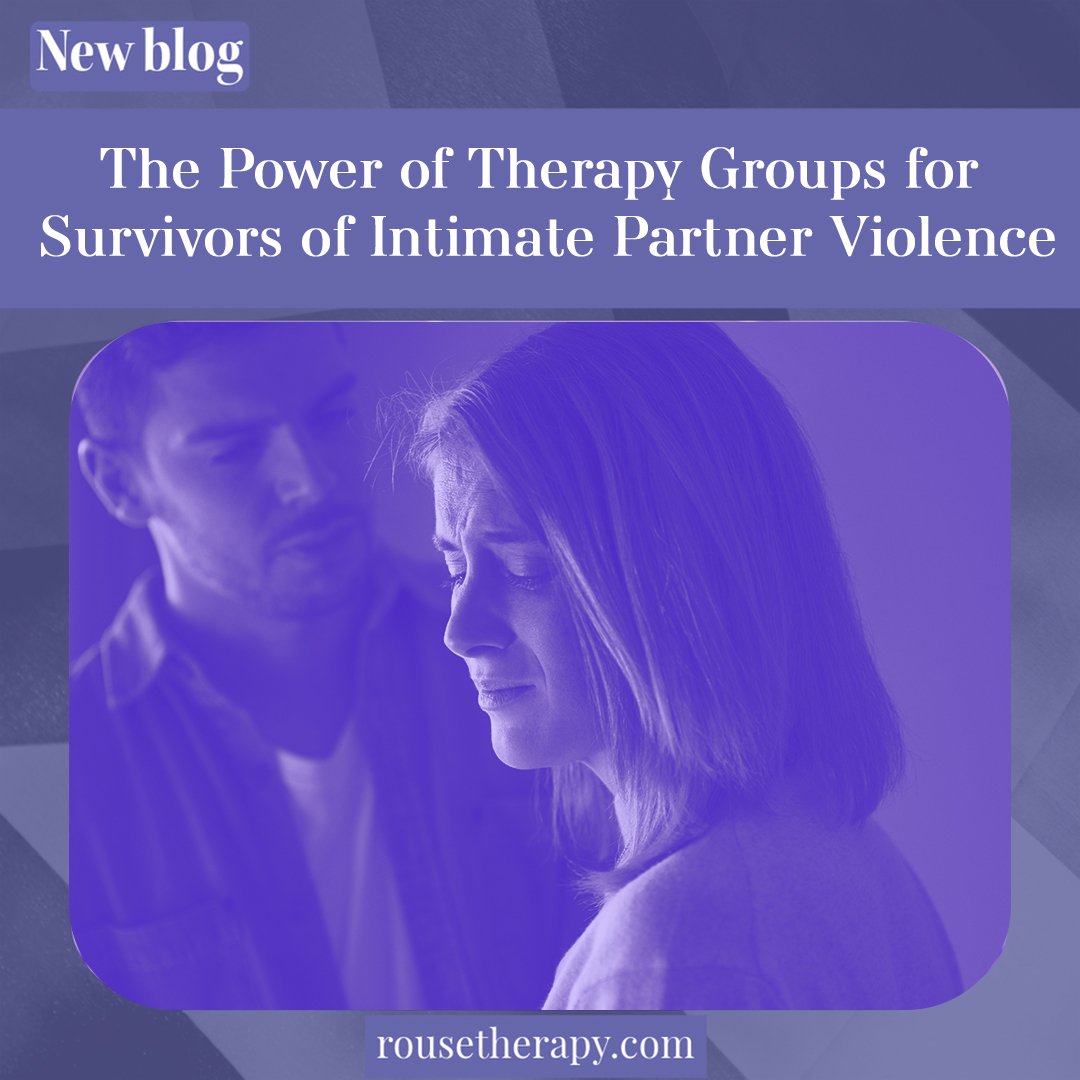
The Power of Therapy Groups for Survivors of Intimate Partner Violence
Surviving intimate partner violence (IPV) is a traumatic experience that can leave its victims isolated and confused. Fortunately, there are many ways to heal from IPV, and one of the most potent methods is joining group therapy. In a therapy group, survivors can share stories in a safe space, connect with other survivors who understand their experiences and create meaningful bonds that often last long after the group has ended. We’ll also discuss why our trans-inclusive group for female survivors of IPV can be a healing experience.
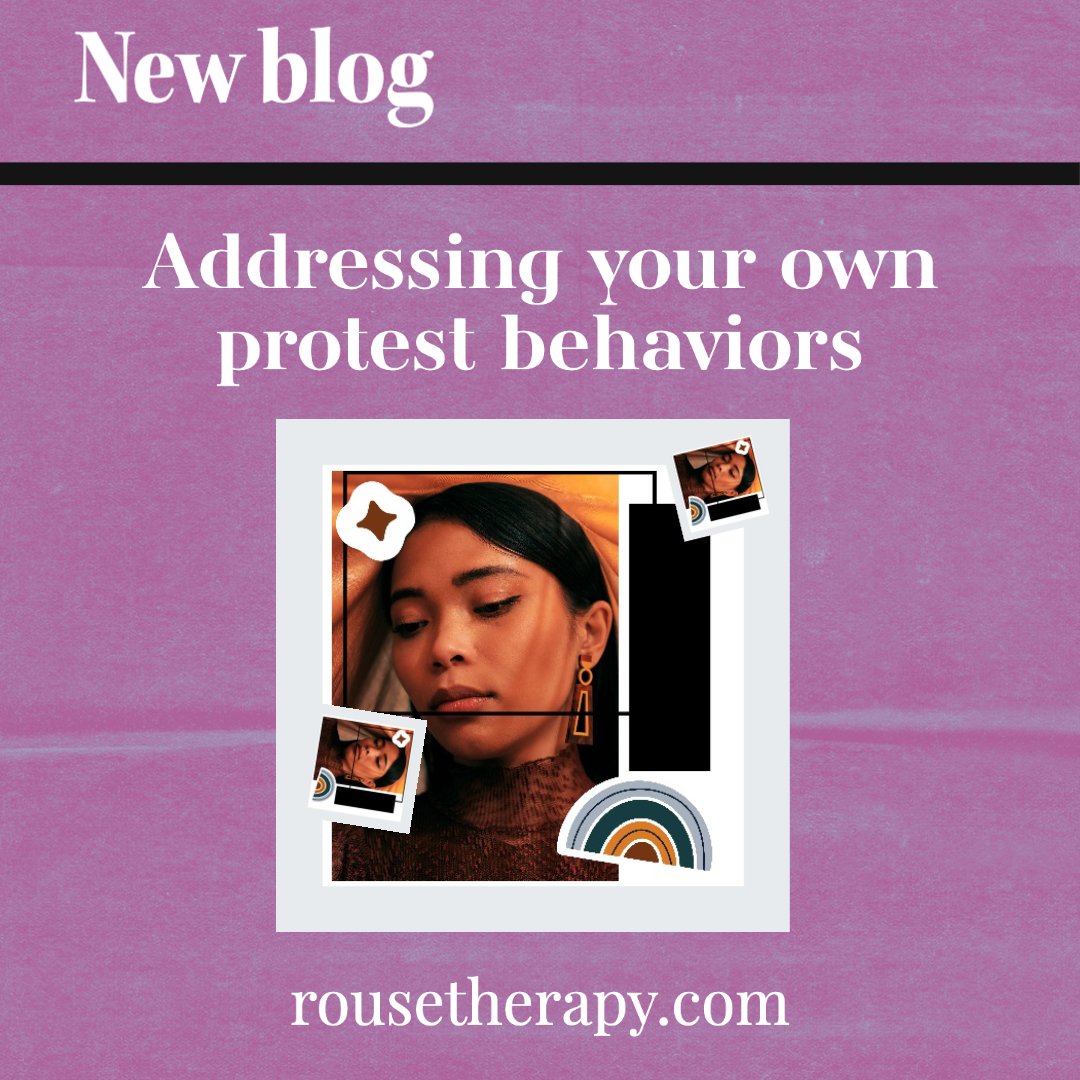
Addressing your own protest behavior
Relationships are not always easy and can be filled with complications. When disagreements arise, the way each person reacts is crucial. Sometimes when individuals feel unheard, they may resort to protest behaviors. Have you ever found yourself in a situation where you just couldn't stop reaching out to someone, demanding attention, or even starting arguments? If so, you might have unknowingly engaged in protest behaviors related to your attachment style. These behaviors often arise when we experience anxiety in a relationship, and they're a way of trying to maintain the connection with our partner. However, protest behaviors can sometimes come off as clingy or even manipulative, so it's important to recognize them and address them healthily. Understanding the roots of your protest behaviors can help you cultivate a more fulfilling love life, whether navigating a new romance or a long-term relationship.
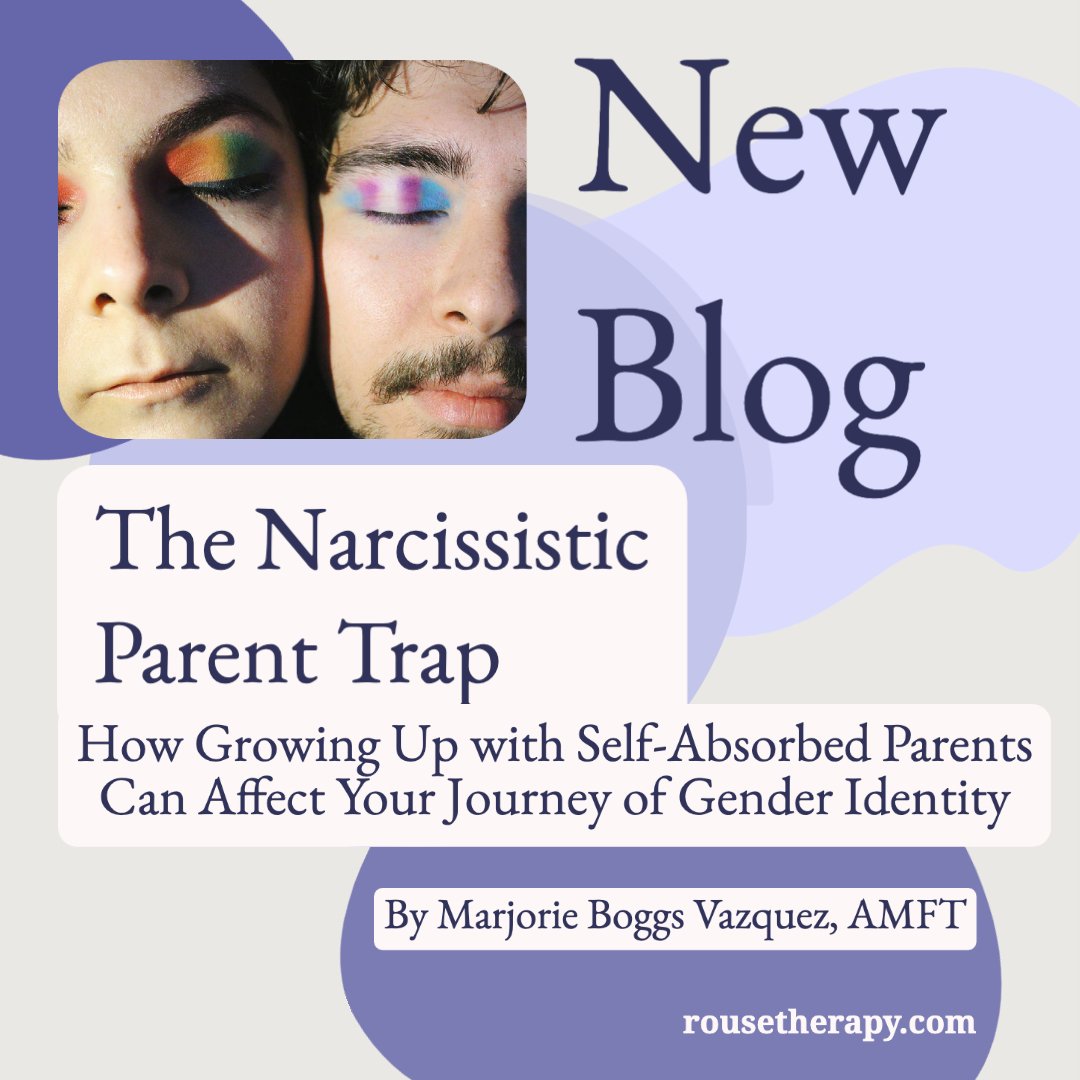
The Narcissistic Parent Trap: How Growing Up with Self-Absorbed Parents Can Affect Your Journey of Gender Identity
Exploring gender is a complex and multifaceted internal process that involves understanding, experiencing, and questioning one's own gender identity, expression, and roles within societal norms and expectations. It is a process that begins in childhood and continues throughout adulthood.
At the core of exploring gender is the process of self-discovery. While this is doable independently, it is best done with support, like friends or a therapist. This process may involve introspection, self-examination, and self-acceptance, as individuals strive to understand and embrace their own unique gender identity. It’s often not a single exploration, but rather something that happens over and over again.

Don't Suffer in Silence: Talking to Your Partner about Pain During Sex
Sex is supposed to be enjoyable and satisfying, but it can be physically painful for many women. Maybe you experience discomfort during penetration or find that your vaginal area is sore afterward. But do you talk about it with your partner? If you don't, you're not alone. It's natural to feel embarrassed or uneasy about sharing this type of information, but keeping quiet only prolongs the problem. That's why in this blog post, we will discuss the importance of talking to your partner if you have pain during sex.

Should I See a Sex Therapist if I Have Sexual Trauma?
Sexual trauma can have a profound impact on an individual's life. It can lead to feelings of shame, guilt, and low self-esteem, as well as difficulty forming and maintaining healthy relationships. Sex therapists are trained professionals who specialize in helping individuals overcome sexual difficulties, including those related to sexual trauma.
Here are some ways that a sex therapist can help heal sexual trauma:
Creating a Safe Space: A sex therapist can create a safe, non-judgmental environment where an individual can share their experiences without fear of being shamed or blamed. This can help the individual feel heard, validated, and supported, which can be an important first step in the healing process.
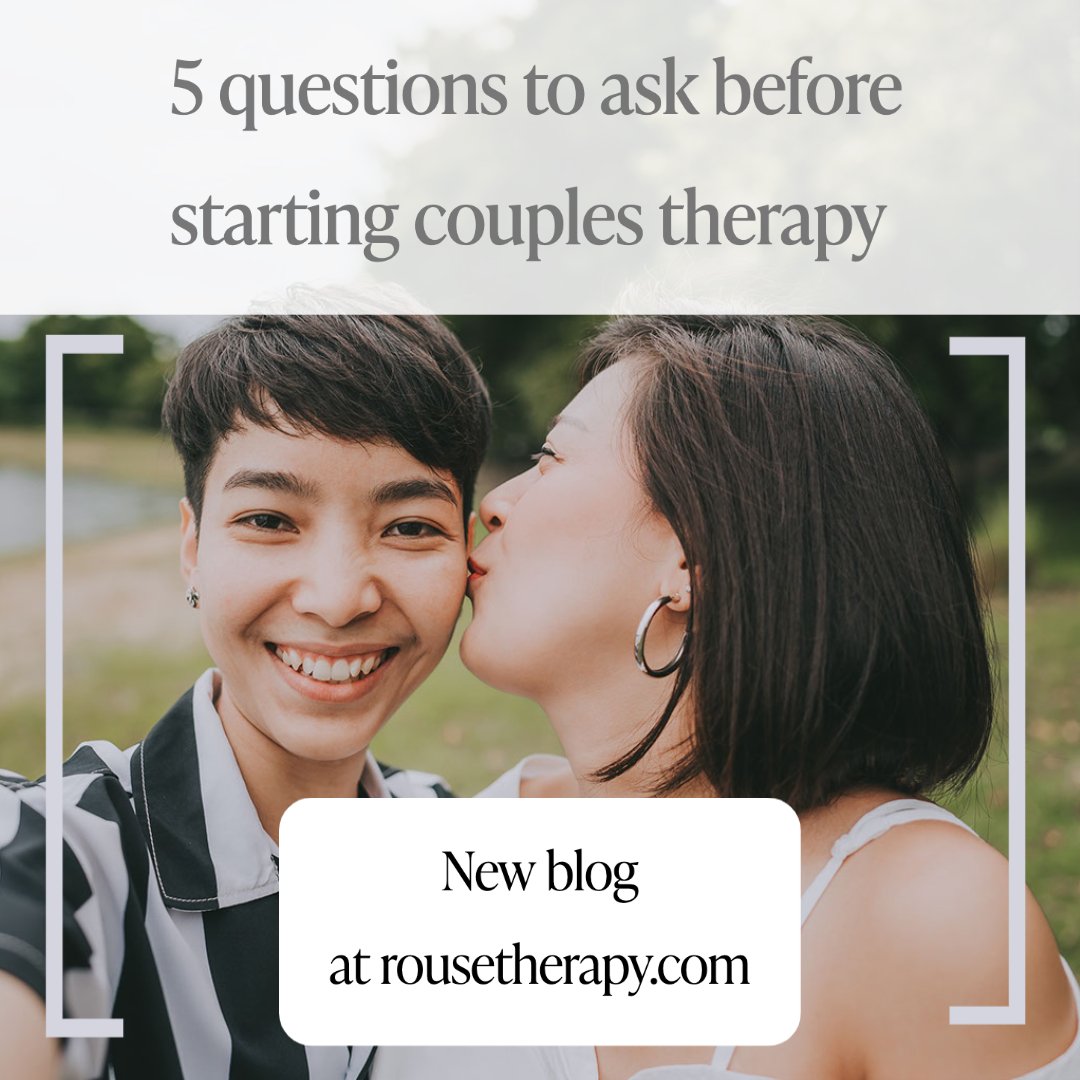
5 questions to ask before starting couples therapy
While each approach offers something different, they all have one common goal - helping couples build strong relationships.
Can I start if there’s a small issue in our relationship?
Couples therapy is a great way to start addressing problems before they become too severe and potentially damaging to the relationship. Through couples therapy, couples can develop better communication skills, stop fighting, and gain insight into the underlying issues behind their disagreements. With couples therapy, couples can work with a professional virtually or in-person to identify and address their problems in a safe space. Moreover, couples may be able to identify individual triggers that could cause further conflict and work together to develop strategies for working through them in a mutually beneficial way. So if couples are encountering small relationship problems, online couples therapy is an excellent way to resolve those issues before they get out of hand!
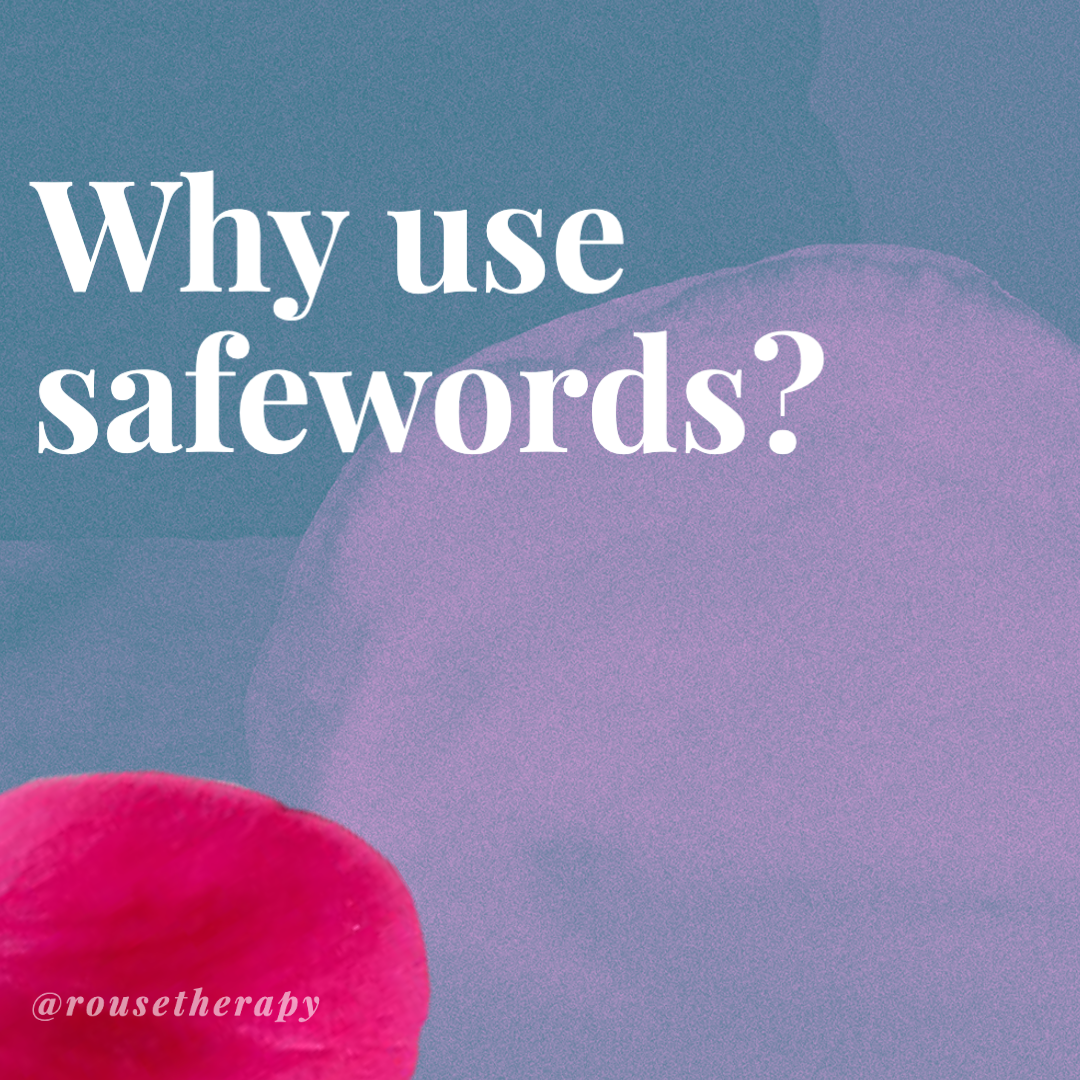
Why use safewords?
Why use safewords?
When it comes to having sex, there are many things to consider. One thing that’s important for everyone to think about is using safewords. But what are they, and why should you use them? Here’s everything you need to know!
Safewords can be really helpful in ensuring both partners have a good time during sex. They’re instrumental if one or both partners are new to kink or BDSM (Bondage/Discipline/Sadism/Masochism). Safewords let each partner know when they’re pushing the other person’s boundaries and when they need to stop. Plus, they can be a fun way to add extra spice to your sex life!
When should we use a safeword?
Safewords are beneficial, and some might say necessary, part of kink. Safewords are used as a safety measure to stop or slow down erotic play. Allowing the slowing down or stopping is especially useful when you’re engaging in types of play with extra risk elements, such as using restraints, inflicting pain, or role-playing.
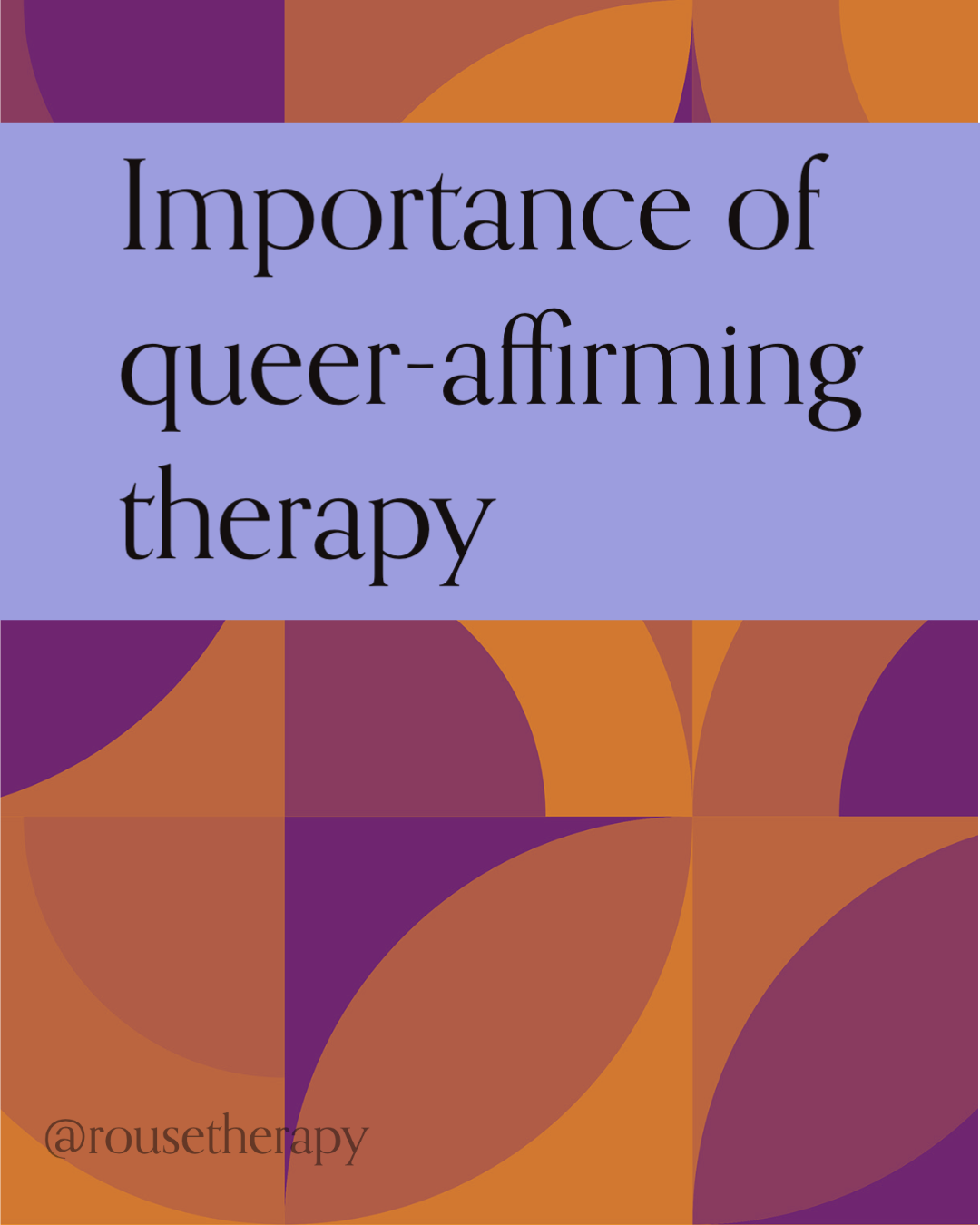
Importance of queer-affirming couples therapy
Therapy is important. Queer-affirming therapy is vital if you're in a queer relationship. Finding a therapist who understands your specific needs and can help you maintain your relationship is crucial. Queer-affirming relationship therapy can be a powerful tool for assisting queer couples in building healthy and sustainable relationships. In this post, we'll explore why queer-affirming therapy is so important, and we'll look at some of the specific benefits it can offer to queer clients.
The therapist can address your concerns without you educating them…
Queer-affirming therapists can support and hold space for you while you explore unique issues in queer partnerships, like:
Coming out
Discrimination and harassment
Resiliency factors in queer communities
Heightened rates of mental health issues related to discrimination
Increased rates of suicide attempts
Historical trauma
Multiply marginalized identities
Queer-affirming couples therapy can be challenging but rewarding because…
you get to learn new communication skills
it allows conflict and repair to create more bonding
learn about and work with your attachment styles
increases self-acceptance and self-compassion
it can reduce shame and anxiety
you can openly explore kink and polyamory without being pathologized
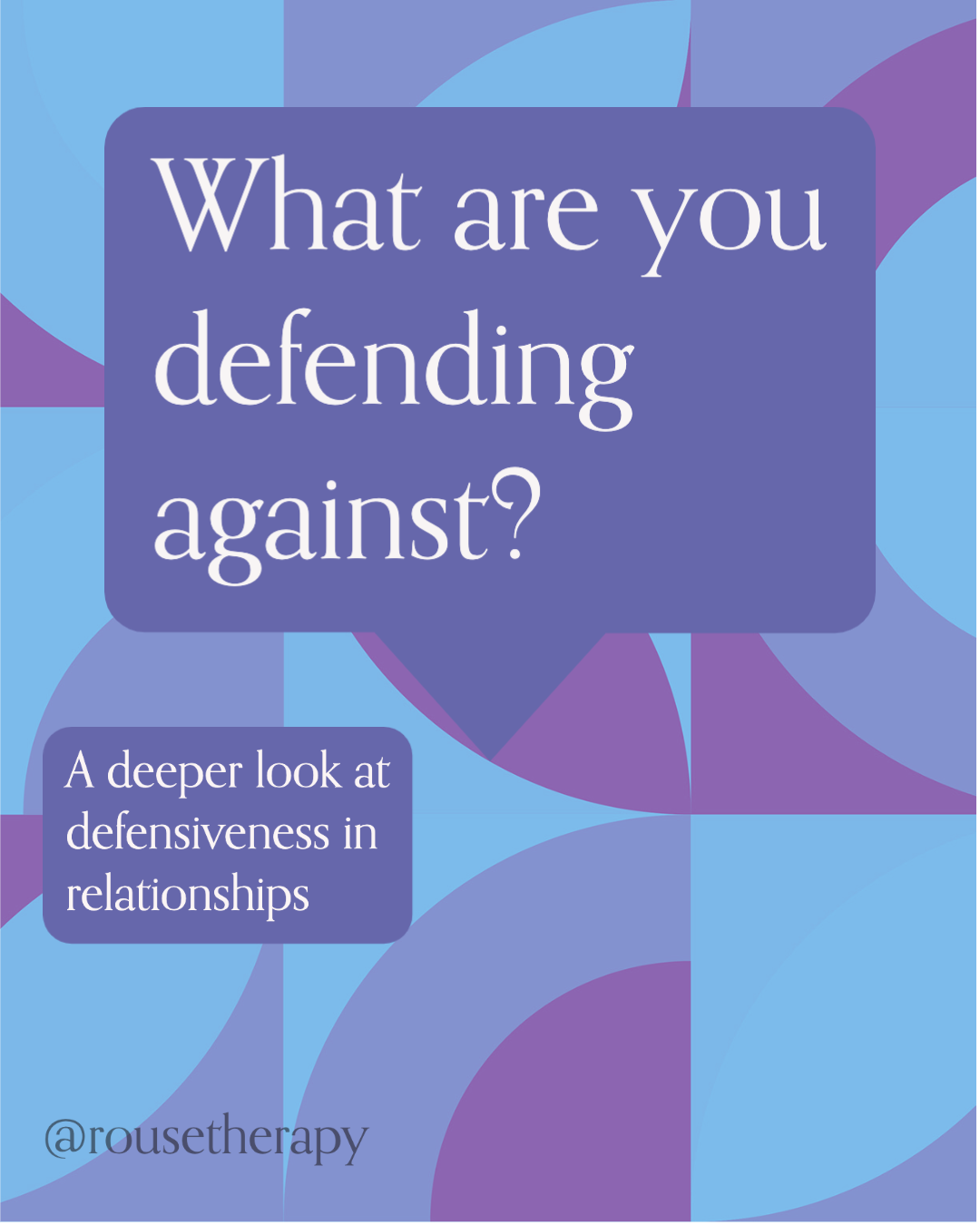
What are you defending against?
We’ve all been there. You’re in a relationship, and something your partner does or says makes you feel defensive. Maybe they criticize your work or say something that hurts your feelings. It can be tough not to react defensively in those moments. But trust us, learning how to stop being defensive is worth it. We covered The Four Horsemen and longer articles on parts of the horsemen like Stonewalling in previous posts. In this post, we’ll look at defensiveness, how it shows up, what you can do to start working against it, and most importantly, how to better understand your defenses to heal your inner wounds.
What does defensiveness look like?
Unintended Defensiveness: This style of defensiveness is reactive, meaning that it’s an unconscious habit. An example of Unintended Defensiveness can be when a partner makes a mistake, causes harm, but won’t take responsibility because they “didn’t mean to.” This reaction can be connected to feelings of insecurity or related to trauma, i.e., humiliation or criticism by a caregiver or former partner. Defensiveness can also be connected to an inability to be compassionate to yourself while also taking responsibility for your mistakes.
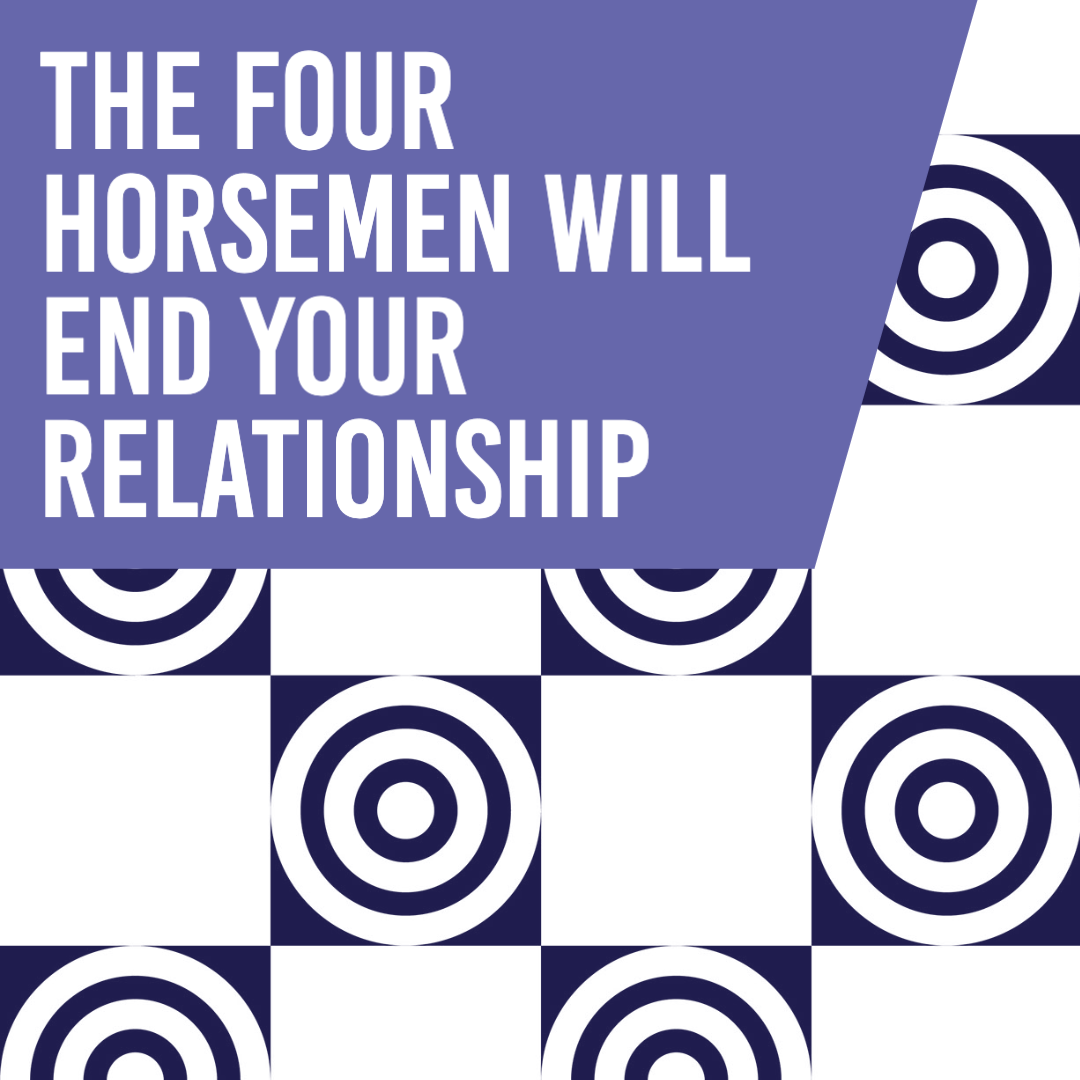
The Four Horsemen will end your relationship
Often when working with individuals, couples, and polycules in relationship therapy, we first start with helping our clients identify habits and patterns that have a negative hit on their relationship. In relationships, four habits can cause a lot of damage. If you can identify these patterns and steer clear of them, your relationship will be better off for it. Today, we're going to talk about what they are and how to avoid them.
In 1986 John Gottman designed "The Love Lab," where he could observe couples "in their natural habitat," as it were. Through this study and continued research with thousands of couples, John and Sue Gottman discovered four reliable predictors for divorce. Those predictors are known as "The Four Horsemen" or "Foursemen" if you're short on time. Let's take a look at them in detail:
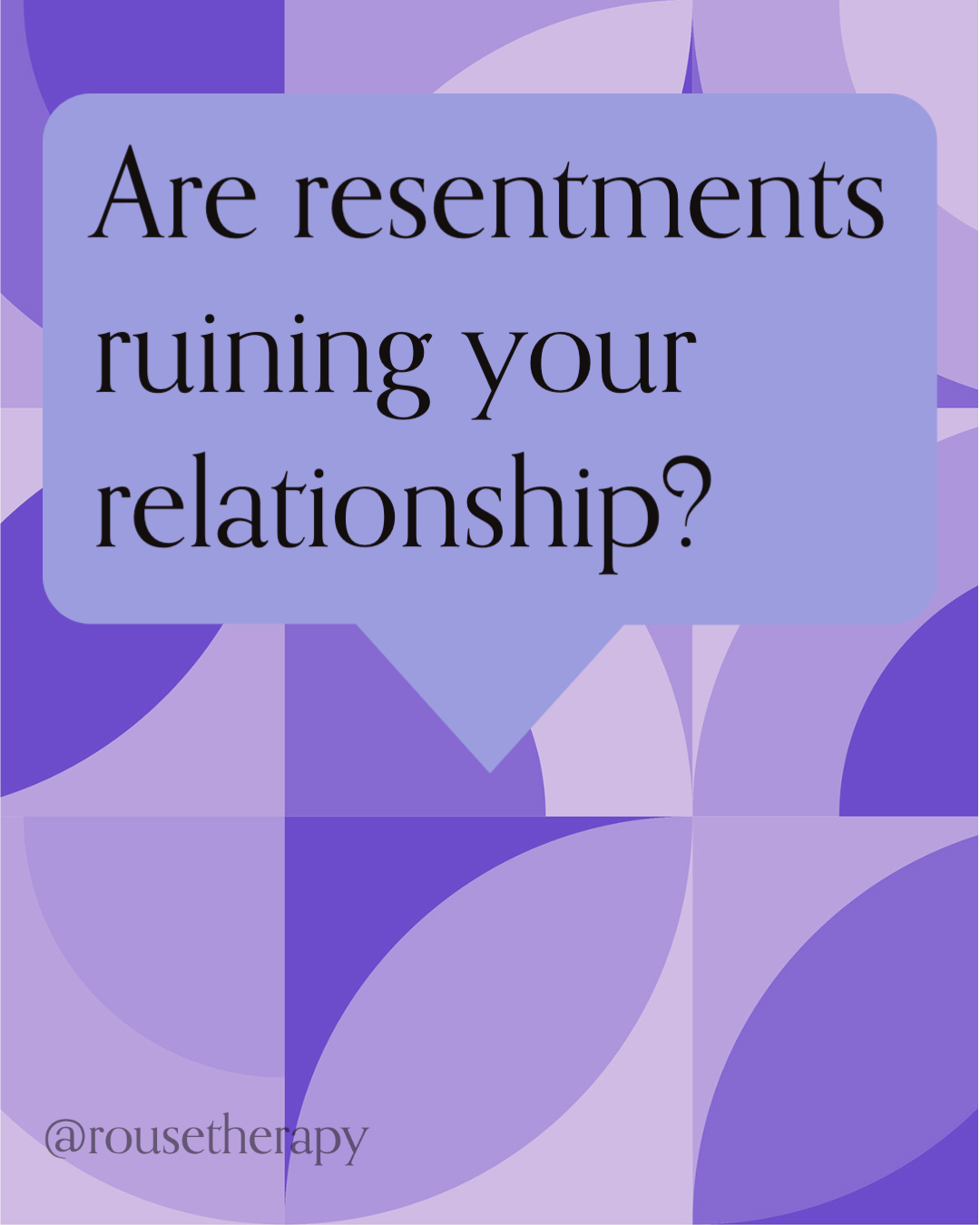
Are resentments ruining your relationship?
Disclaimer: This is for educational purposes only. This article is not a replacement for therapy, direct advice, nor is it offered to reflect your current circumstances. Instead, we encourage you to use good old-fashioned critical thinking skills when considering the following article for your own life.
Sometimes when I’m meeting someone, I make the mistake of telling them that I’m a sex and relationship therapist. It’s usually not a problem, but depending on my mood, there are times when I don’t want to talk about therapy to someone on my day off. My slip sometimes lands very well, but other times the person either dives into their issues or backs away slowly like I’m a mind reader (*wiggles fingers*).
Recently at a made-up party, I told a guy I was a sex and relationship therapist, and he launched into all the problems he has with his boyfriend. In the first ten minutes, I learned how he was frustrated and disappointed with his boyfriend. I heard about all the no-longer-cute idiosyncrasies of his boyfriend that are now causing distance.
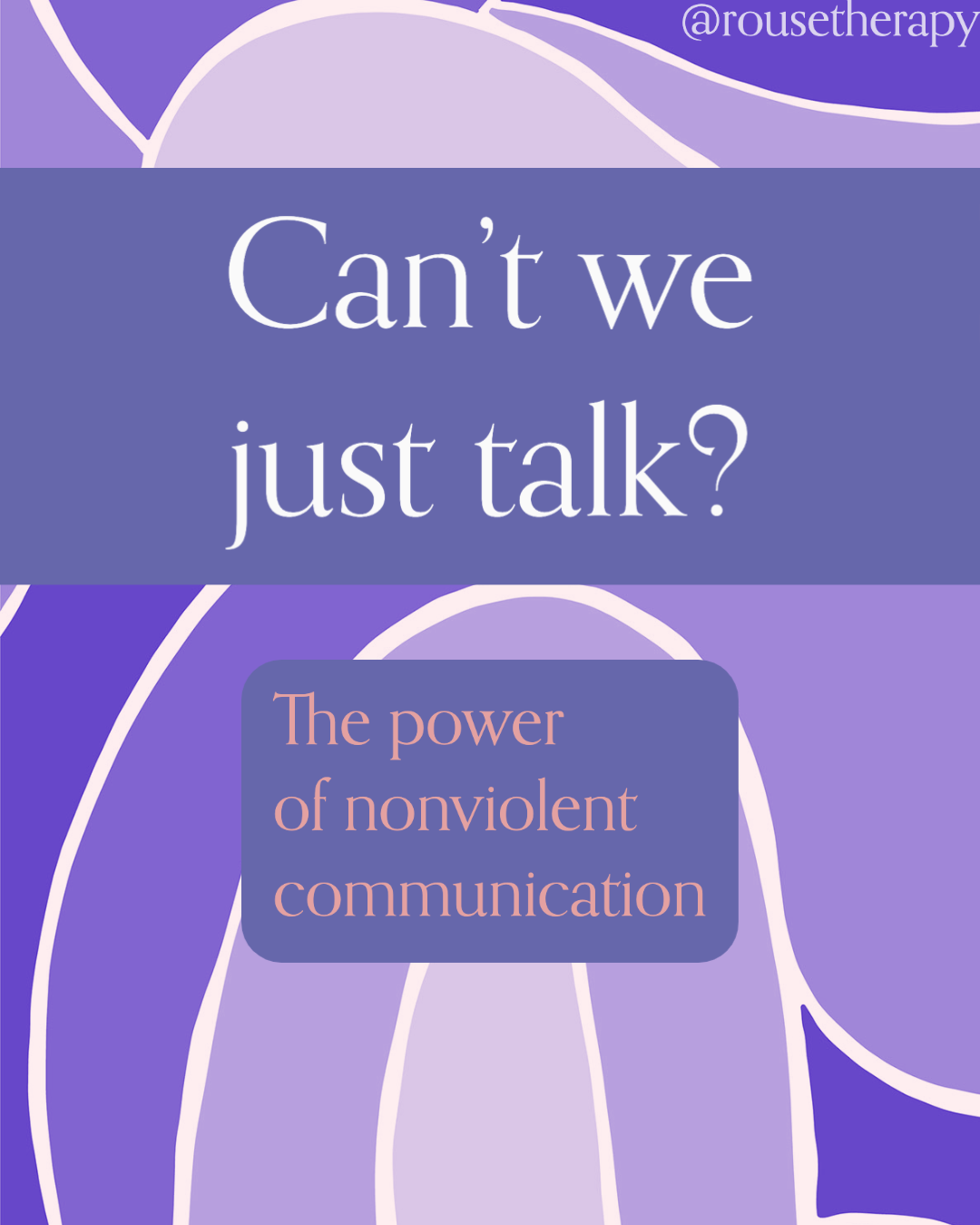
Can't we just talk? The power of nonviolent communication
If you're like most people, you've probably heard of nonviolent communication (or NVC), but don't really know what it is or how it works. In a nutshell, NVC is a way of communicating that's designed to create understanding and connection between people. It does this by helping us to express our feelings and needs in a clear and concise way. Plus, it's a great tool for dealing with difficult conversations! If you're interested in learning more about NVC, or want to start using it yourself, keep reading! I'll explain the basics of this approach to communication, and share some tips for getting started.
We recently came across this video and found it to be a helpful way of describing NVC and it’s uses.
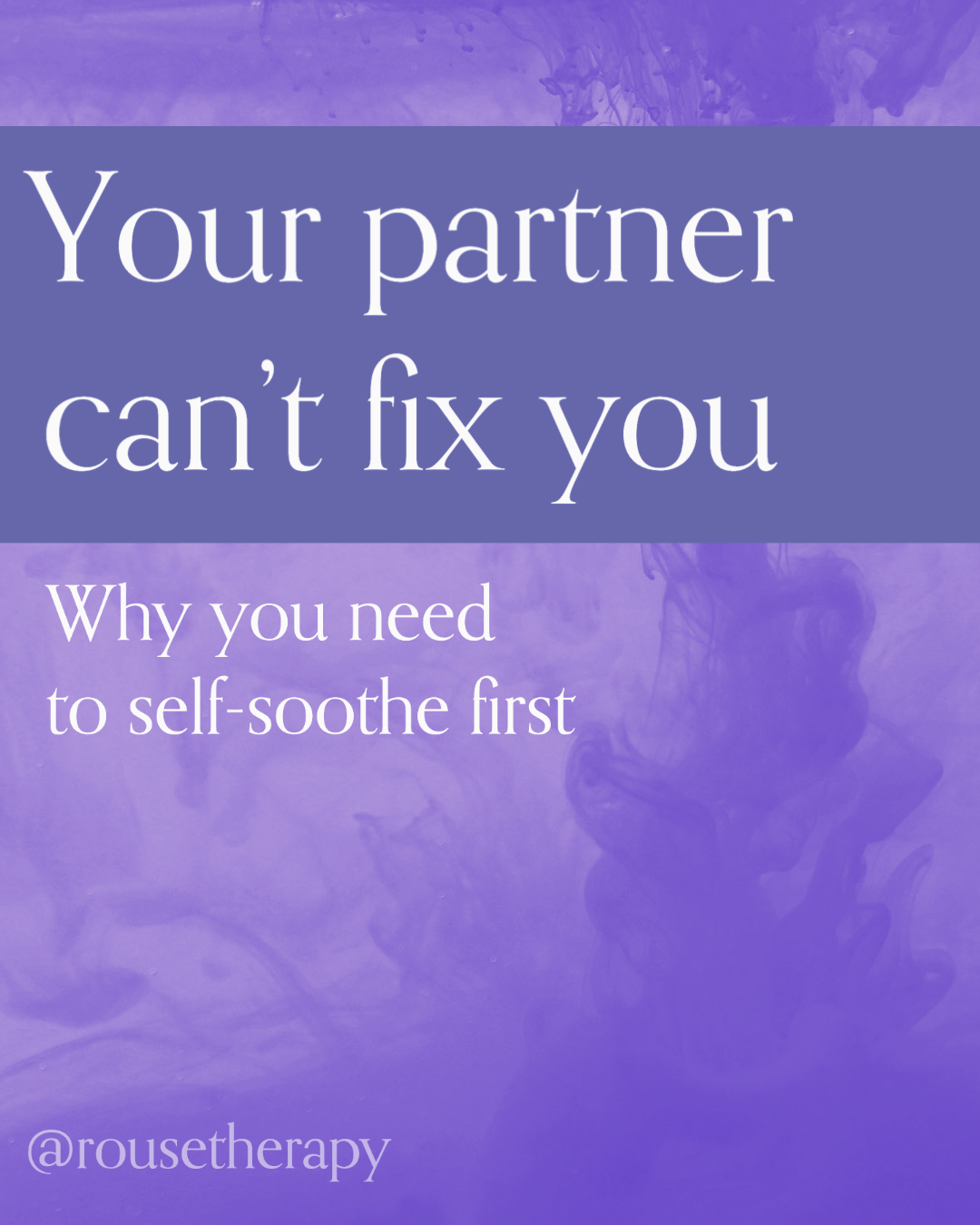
Your partner can't fix you
By learning how to soothe yourself, you learn to identify what you’re feeling and what you need. You can then communicate that to a partner or loved one if you want to be supported. By being able to tend to your needs initially, you can offer your partner a path to continue to help you.
I don’t doubt that you’ve probably tried many ways to approach the heightened emotions in your relationship. You’ve likely tried:
Anger management classes
Self-help books
Couples communication classes
Taking time apart
Couples therapy
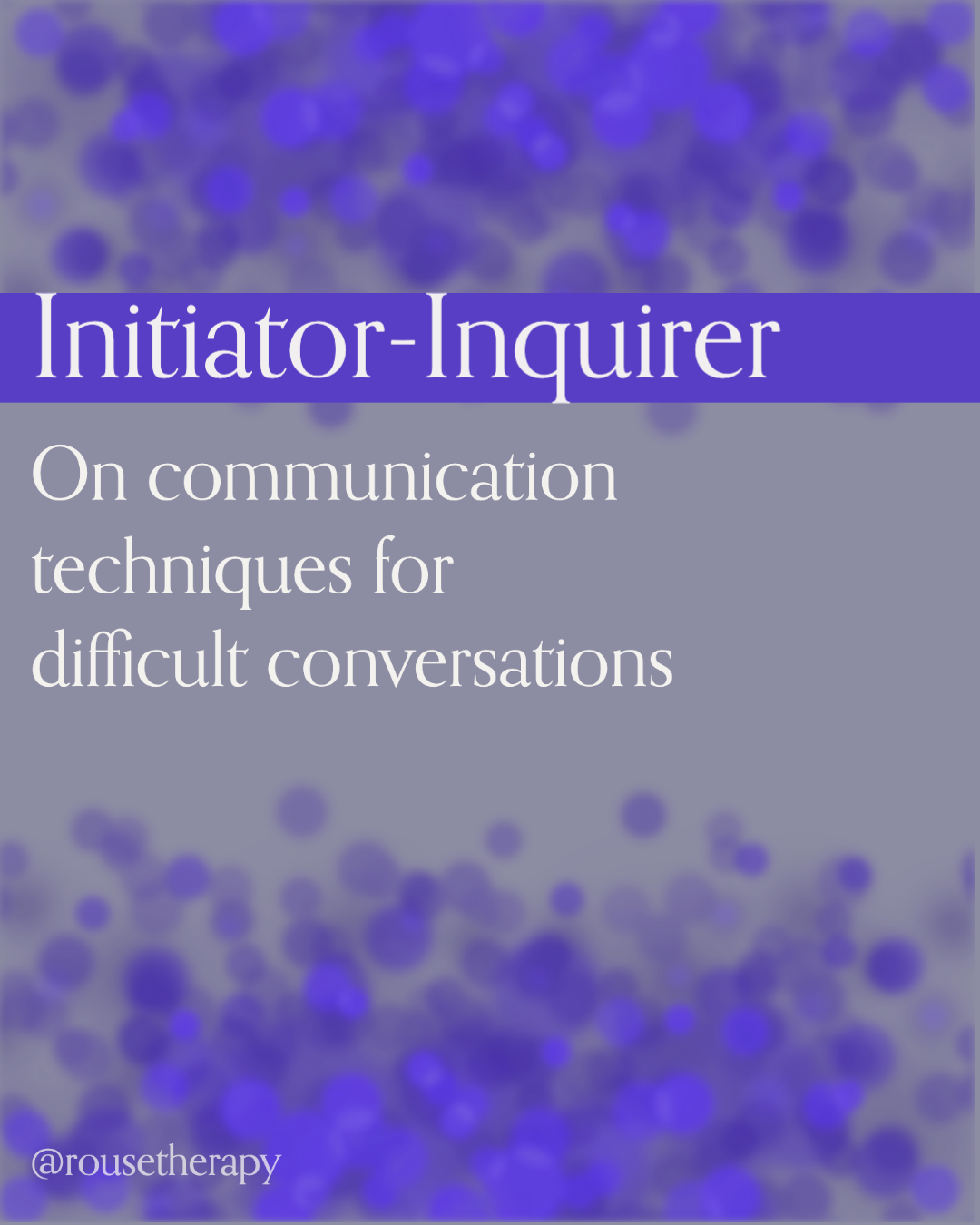
Initiator-Inquirer: Difficult conversations without fighting
It can be tough to figure out how to communicate with your partner. When’s a good time to talk with your partner? Do you need to take turns when talking? Do you keep questioning and investigating, or just go along with what they’re saying? You go into it feeling grounded and at peace, telling yourself you’ll stay calm … only to lose your shit a few minutes later.
Figuring out the right communication strategy for couples can make all the difference in your relationship. So let’s take a look at an intervention we often use at Rouse to help partners slow down and really communicate with each other.
What is Initiator-Inquirer?
Initiator-Inquirer is a communication exercise developed by Ellyn Bader and Pete Pearson from The Couples Institute in Menlo Park, CA. Bader and Pearson are highly experienced couples therapists who have been training upcoming couples therapists for over two decades.